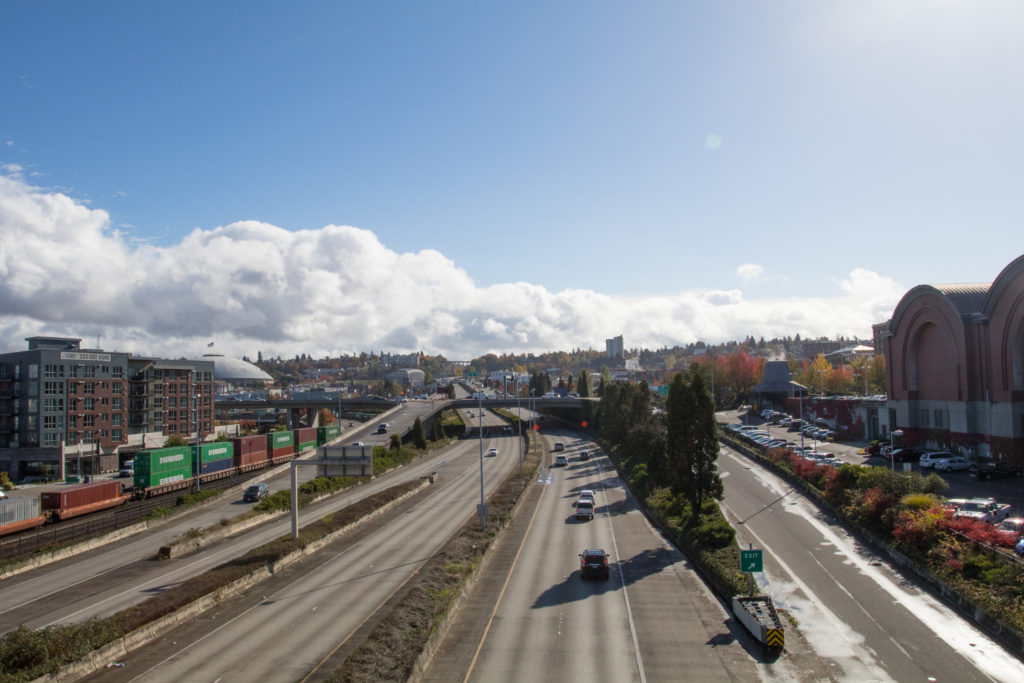 Spirits were high at Pacific Lutheran University during the XII Annual International Transformative Learning Conference in Tacoma, WA, last month. A large Fielding contingent joined scholars and practitioners from 26 nations to “engage at the intersections” of transformative learning theory and to celebrate the warmth of an authentic community.
Spirits were high at Pacific Lutheran University during the XII Annual International Transformative Learning Conference in Tacoma, WA, last month. A large Fielding contingent joined scholars and practitioners from 26 nations to “engage at the intersections” of transformative learning theory and to celebrate the warmth of an authentic community.
The theme, Engaging at the Intersections, emerged as a result of the previous ITLC conference in 2014, where conference goers explored the spaces of transformation and the transformation of space.
The 2016 conference picked up that thread and focused on the transformative potential at the intersections of those spaces. The conference featured traditional paper presentations, scholar-to-scholar panels, and experiential sessions that explored the theme’s question, “How can we be more intentional and creative in our interactions at these points of connection for the purpose of transformative learning?”
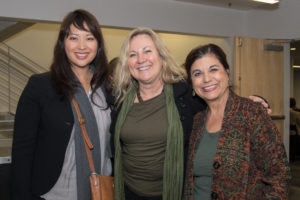
L-R: Student Amy Chiang, alumna Teya Walkker, and faculty member Placida Gallegos
Among the hosts of the conference were Fielding faculty members Placida Gallegos and Steve Schapiro. Also present were at least 16 Fielding alumni and students.
“I was very proud of how our students, alumni, and faculty showed up and stood out,” Schapiro said, “demonstrating how groundbreaking new knowledge can come through our multidisciplinary approach to the integration of scholarship and practice in exploring how to facilitate deep and transformative change in individuals, organizations, and communities.”
Gallegos facilitated an innovative Open Space process that extended over a four-day period. This process encouraged conference goers to emerge themselves deeply in questions that interested them and created a safe environment to explore differences at various intersections.
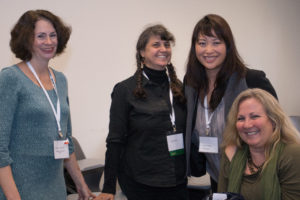
L-R: Student Susan Hermann, alumna Judy Zeidel, student Amy Chiang and alumna Teya Walkker
Fielding presenters included current students Amy Chiang, Che Borkhteria, Donna Clark, Jo Ann Morris, Akasha, and Susan Herrman, and alumni Beth Fisher-Yoshida, Dee Dee Myers, Bart Buechner, Ilene Wasserman, Robin Frakl, Keren Stashower, Megumi Sugihara, Penny Potter, and Yabome Gilpin-Jackson.
The Jack Mezirow Award honorable mention was awarded to Amy Chiang for her contribution, “The Shape of Oppression: Habits of Mind and Being in the Social Context.” Keren Stashower, Yabome Gilpin-Jackson, Megumi Sugihara, and Susan Herrmann were among the 12 finalists for this prestigious award.
“What impressed me about our collective presence was our clear demonstrations of living and interacting in our emerging worlds as scholar-practitioners,” said Stashower. “I attended a few sessions where we clearly linked our lived experiences to transformational literature in ways that inspired conversation, deeper questions, and input from others.”
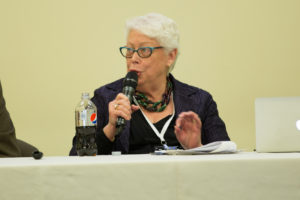
Alumna and ISI Fellow Zieva Konvisser
“In addition to getting my Fielding fix with old and new friends,” added alumna and ISI Fellow Zieva Konvisser, “I was honored to hear my words from our opening symposium Embodied Learning and Social Transformation: Opening Space for Expanded Worldviews through Experiences of Intersectional Dissonance repeated as an ‘aha’ throughout the conference: Survivors of traumatic life events experience them as ‘disorienting dilemmas’ [and] have learned to live next to their feelings of grief, pain, and helplessness, overcoming suffering, growing, and moving forward to hope and healing.”
Yabome Gilpin-Jackson’s, Bart Buechner’s, and Susan Herrmann’s works focused on the promise of hope after trauma through such concepts as resonance, post trauma growth, and the centrality of grief in the integration process. In addition, Gilpin-Jackson’s paper presentation, “Where Are You From?” introduced the concept of Identity Interrogation and its contrast, Relational Connection, to describe the polar experiences of connection or disconnection that biographical questions posed by strangers can evoke.
Student Borkhteria provided a summary that signals what the conference provoked for many: the urge to go deeper: “People found the conversations rich and they wanted more,” he said. “They learned from the conversations/stories and they felt connection and relationship with each other.”
Join Over 7,500 Fielding Alumni Located Around The World!
Change the world. Start with yours.™
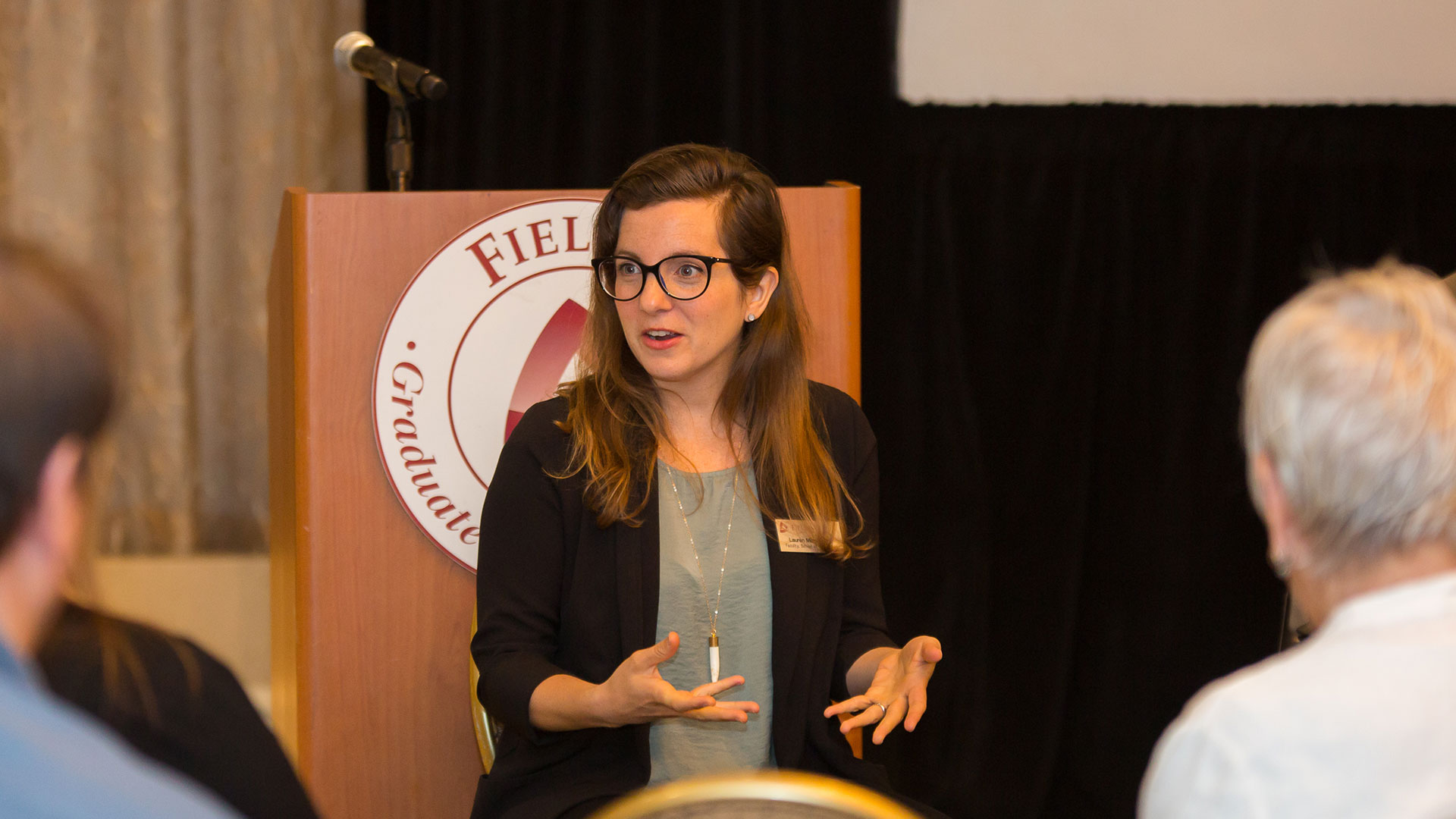
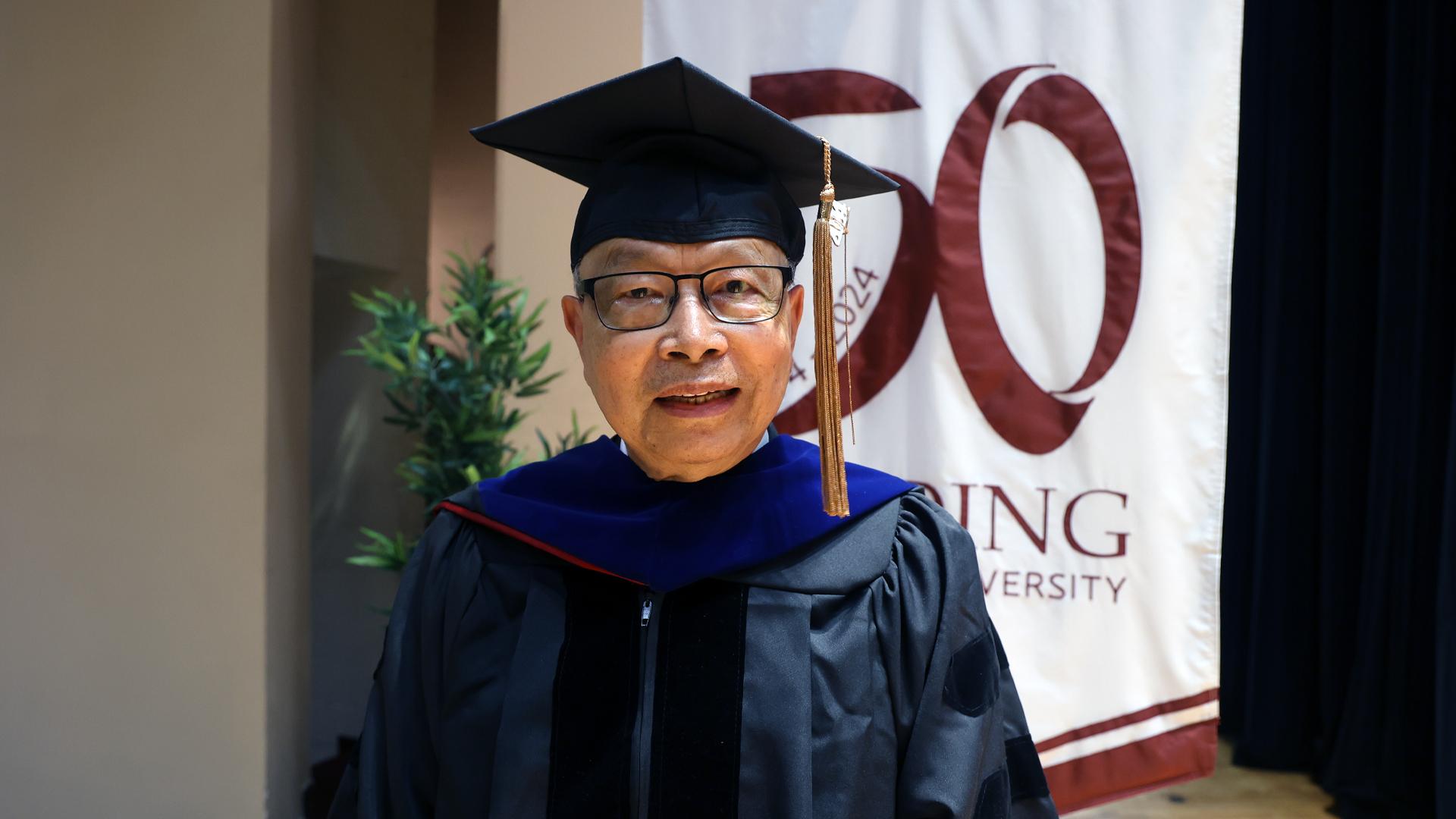
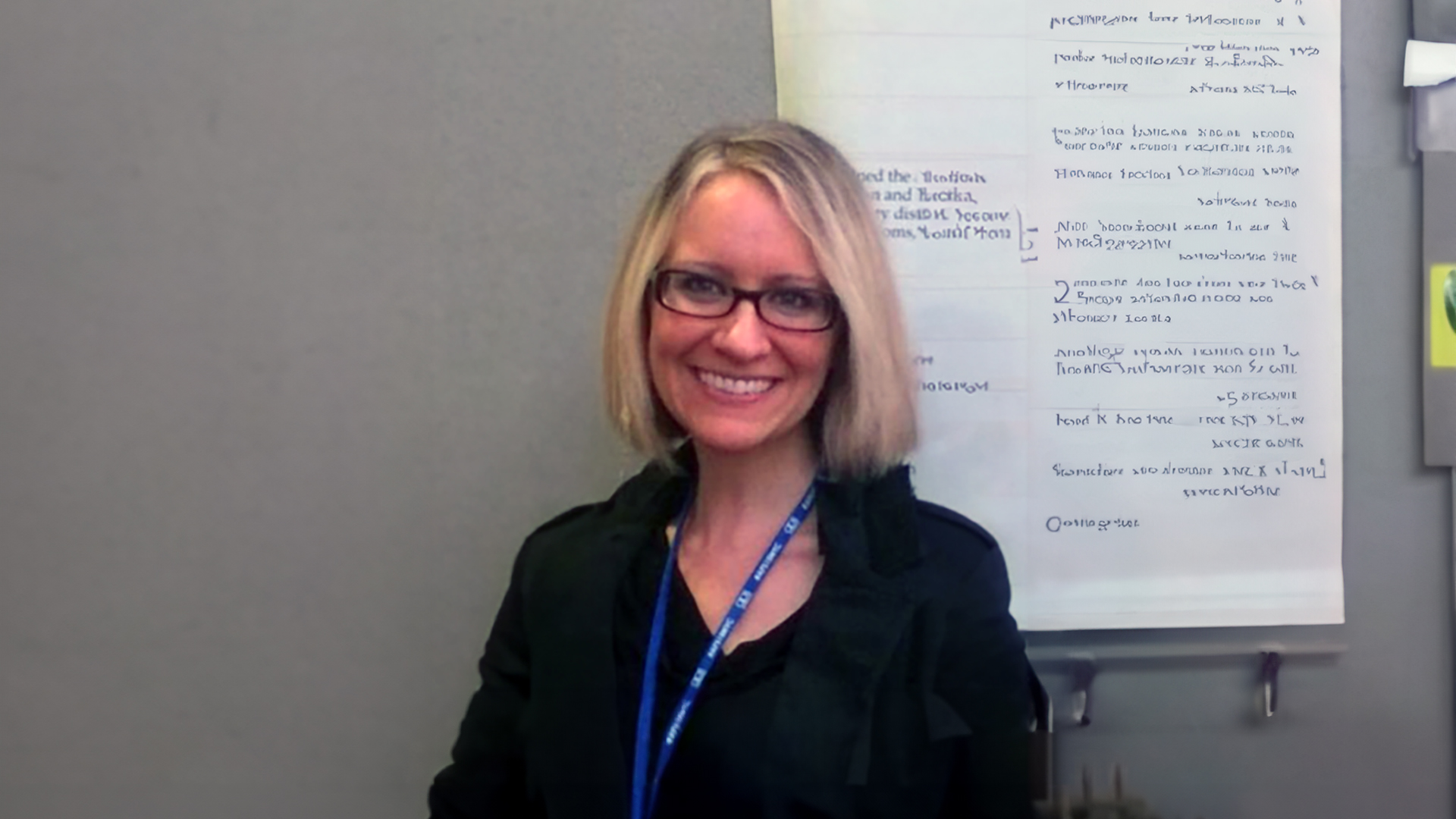



Get Social